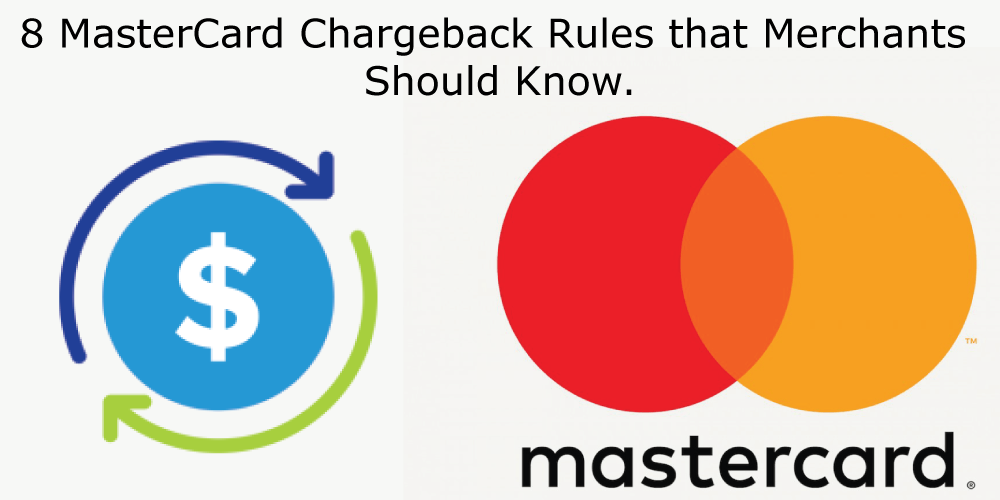

The standards here are less cleanlyĭefined, but details like account history or shipping address verification can support successful chargebackĭisputes. Additionally, it is possible to clarify the issue by providing supporting information orĭocumentation proving that the cardholder did in fact make the purchase. Showing that the merchant shipped physical merchandise to theĬardholder’s address, with a positive response, Legitimacy may become a little more challenging. If the chargeback is due to fraud or because the cardholder did not recognize the charge, proving a merchant’s When the chargeback goes through, money is taken out of the merchant's bank along with a chargeback fee. The card type and the transaction amount). Received, showing proof of delivery may help to refute the request (with varying levels of proof depending on Generally, if the chargeback is for merchandise not A merchant can refute these reasons, using specificĮvidence outlined by the card association’s policies. Indicating why the cardholder is entitled to a refund. A reason code, specific to the card type, accompanies each chargeback, The merchant’s account, and tacks a chargeback fee on top not only does the merchant lose his sale and his When a transaction is charged back, the acquiring bank (via the card association) retrieves the money from The merchant can dispute a retrieval by providing evidence to back their claim to the card association, who If the issuing bank presses the issue (or if there was no retrieval request in the first place), the bank thenĬharges the disputed transaction back against the merchant’s account. The card association passes this information back to the issuing bank-and that may be the end of it. Opportunity to argue against the validity of the dispute and provide information supporting that assertion. However, if aīank does levy a retrieval, it comes in the form of a request for information. Not all card associations (that is, the companies that own a card’s brand, such as Visa, MasterCard,Īmerican Express, and Discover) issue retrievals, and they aren’t issued for every chargeback. Retrieval requests will not result in chargebacks. And all retrieval requests won't develop the same outcome. The goal for retrieval requests is to have all parties avoid the chargeback process. The acquirer will then notify the merchant of After that, the card network passes it to the acquirer. But it'll be passed to the associated card

That will (hopefully) validate or disprove a fraudulent transaction.Īgain, a cardholder or issuer will start the retrieval request. It involves the merchant giving the issuer basic transactional documentation. This will be submitted to the merchant.īut the request starts when the issuer or cardholder disputes a transaction. RetrievalsĪn issuer's initial action will be to submit a retrieval request. To know about the chargeback time limits that involve MasterCard and Visa transactions. But cardholders and merchants have different time limits. It depends on the chargeback reason codeĪssociated with the dispute. The chargeback process can last from one month to six months. It’s typical to seeįraud chargebacks roll in 2-3 months after the initial charges took place. Once initiated, the dispute may not reach the merchant for another several weeks. Chargeback Timingįirst, a word about timing: a cardholder generally has up to six months to dispute a charge on their card. Banks can issue chargebacks against merchants to get money back into the customer's account. This confusing process, all laid out for you here. Purchasing funds from the merchant and returns them to the customer’s account. If a customer presents their bank with a valid reason that they shouldn’t have been billed for a particularĬharge, the bank can issue a chargeback against the merchant. In their procedures than others (American Express and Discover). Tasked with getting payment on the merchant’s behalf.Ĭredit Card Company: The organization that oversees the process. Issuer: The bank that the buyer’s credit card is connected to and used to purchase theĪcquirer: A financial institution that obtains the rights to the merchant’s account and Merchant: Seller of the goods and must either fight or accept the chargeback. The major players in the chargeback processįirst, it’s important to know all of the players and their roles within the chargeback process.īuyer: This is the person who first files a retrieval request with their credit cardĬompany-they start the whole process with a transaction dispute. Why it’s important for companies to proactively avoid disputes and chargebacks in the first place whenever The chargeback dispute process is not straightforward, and can be incredibly frustrating for merchants.


 0 kommentar(er)
0 kommentar(er)
